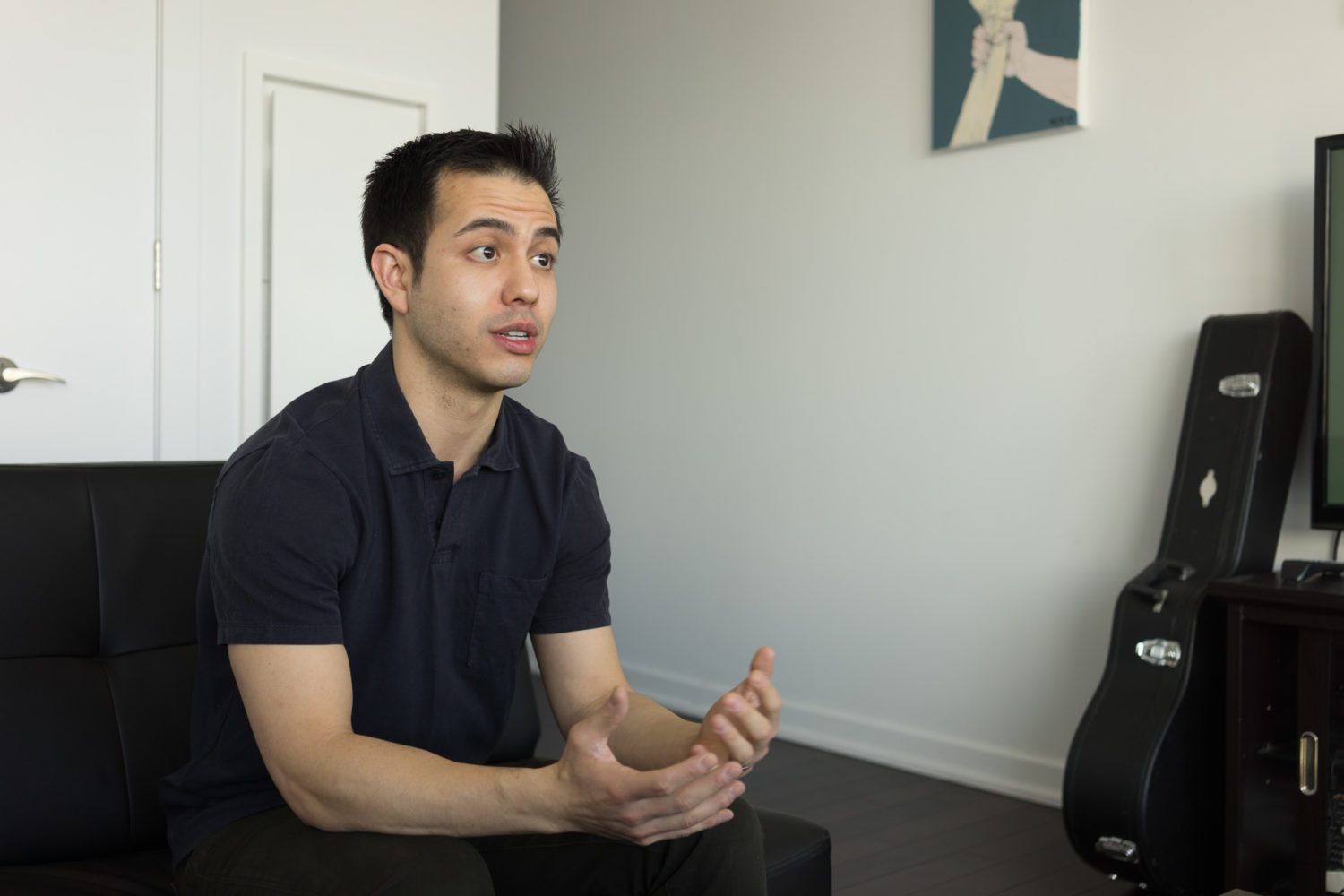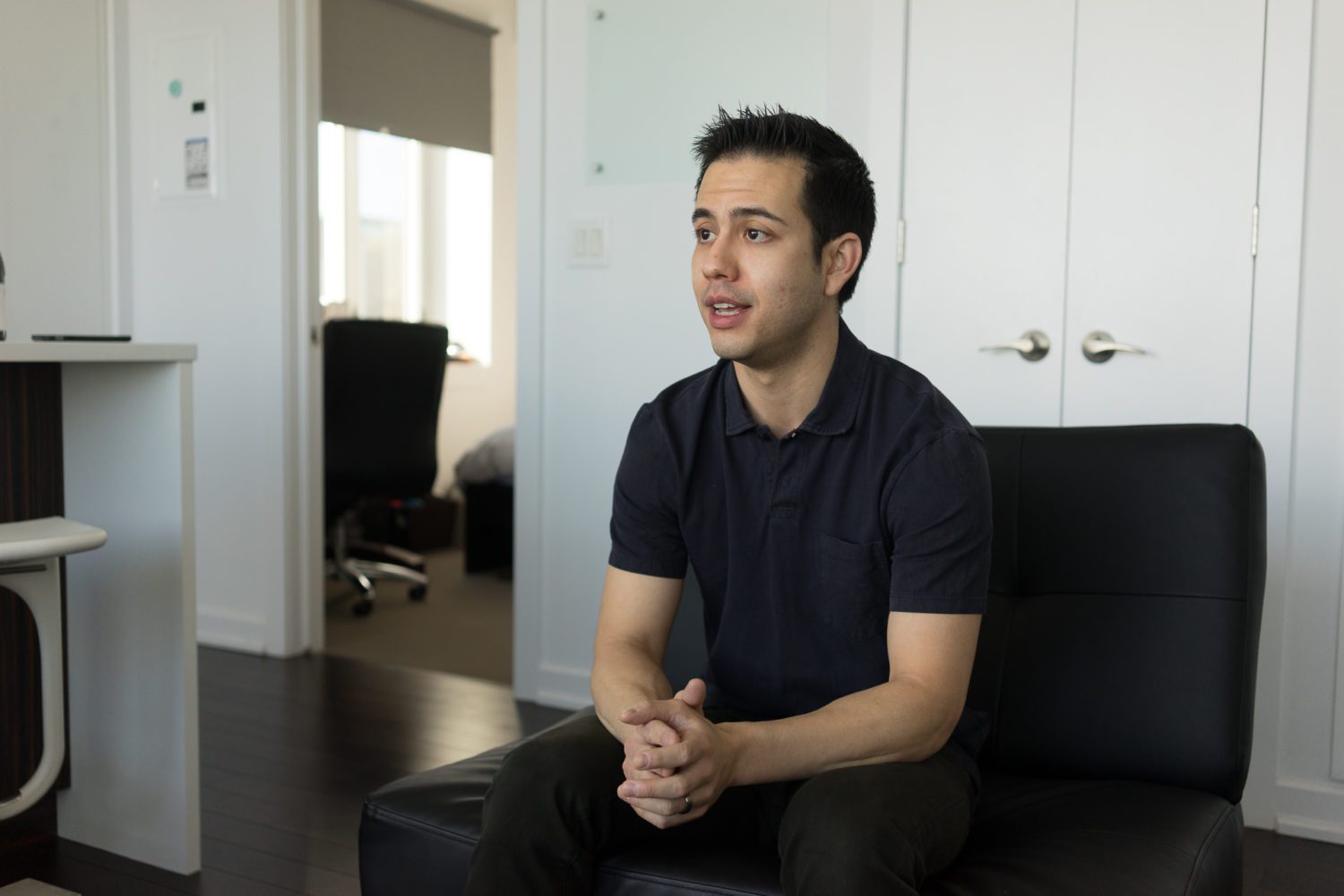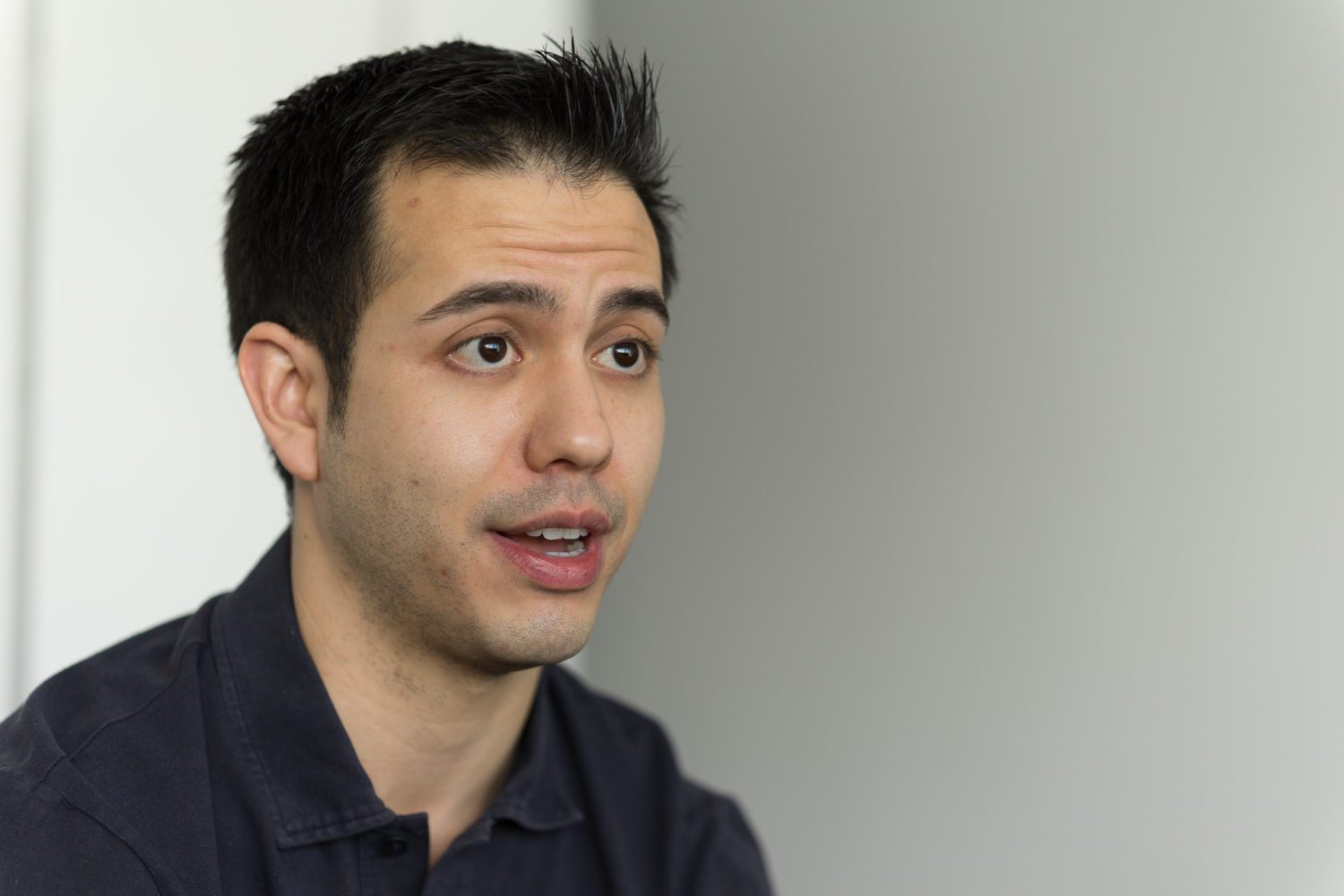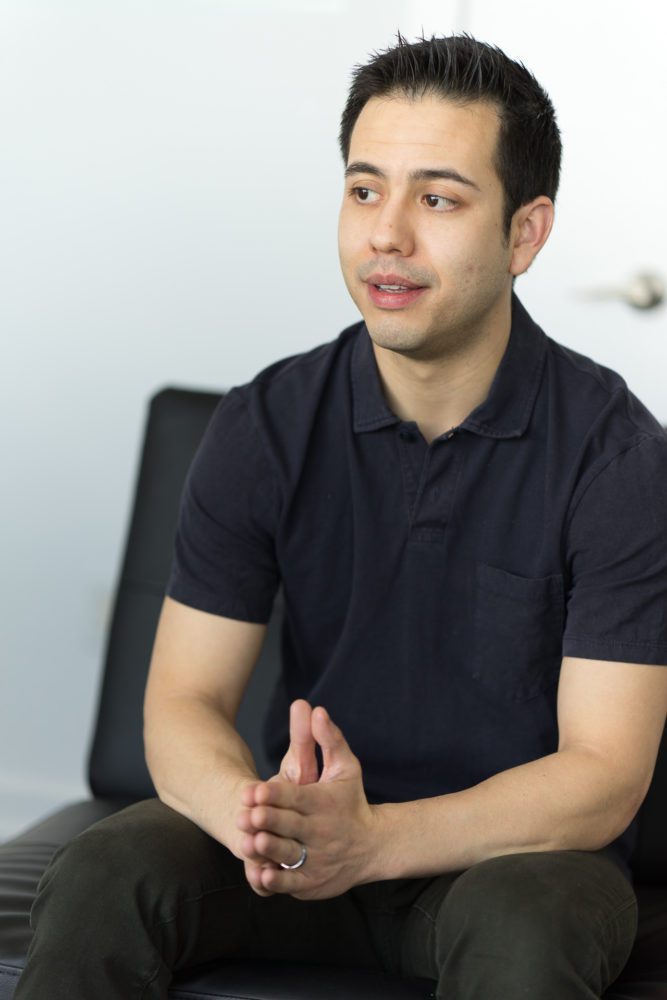Nick is a doctor who is pursuing a fellowship in palliative care. Last year, he helped care for his grandfather, who died at home after several hospital admissions.
Before I started residency, I read Atul Gawande’s book Being Mortal. It struck a note with me because it speaks to the essence of medicine—respecting patients’ wishes, relieving symptoms and providing compassionate care.
I was seeing patients in hospital for whom I felt we weren’t respecting their dignity all the time. We were doing a lot of tests and interventions that weren’t contributing to symptomatic improvement or better quality of life. In fact, we were sometimes making patients worse. I also felt that there was a culture of trying to avoid discussing death.
This really hit home for me and my brother when we experienced it first-hand. My grandfather was 94 years old and had been in and out of hospital several times. He was doing great cognitively, but was getting frailer. When I visited him in the hospital, I saw a parallel with so many of my patients. He didn’t want to do what the doctors and nurses wanted him to do. He really just wanted to go home.

Had you as a family talked with your grandfather about whether he wanted to go in the hospital in the first place?
It’s something that we tried to initiate, but in some ways my grandfather wanted his family to be paternalistic about his care. Whenever he would talk to his health care practitioners he said, “You will take care of me. And when I am too sick, my children will speak for me.”
We have a number of physicians in our family. Even as health care practitioners, it can be a tough conversation to have with your own family member. We tried, but I don’t know that we did the best job. It’s a bit hypocritical of me to sometimes criticize others for not having that discussion!
He was hospitalized several times in the year prior to his death, and we started talking a little bit more about goals of care. The main issue was progressive frailty. In his last hospitalization they found a pancreatic mass on CT scan. It wasn’t causing him any symptoms but there was now something else in addition to his frailty. It is easier to have that discussion when you have a disease that is progressive and terminal.
Even as health care practitioners, it can be a tough conversation to have with your own family member. It’s a bit hypocritical of me to sometimes criticize others for not having that discussion!
It got to the point where my grandfather was delirious and they were keeping him restrained. He had been very independent and stubborn and it was tough to see him lose his dignity, to not be allowed to get up and use the bathroom because he was at risk of falling. I understand that we want to prevent serious incidents in hospital, but he was suffering. He wasn’t eating, and at one point they considered inserting a feeding tube. My brother and I came to the realization that this was not contributing to his quality of life. So we were able to get him out of the hospital. It took a lot of effort and resources, but we felt it was the right thing. It was what he would have wanted.
He passed away about two weeks after getting home. He lived longer than we thought he would. He had some delirium but there were periods of lucidity when he would recognize us. He was home watching his Blue Jays! He loved doing that. It was very special to be able to spend time with him during his final days.
It was my first real experience with home palliative care services. I don’t think I had an appreciation for how difficult it is to care for someone at home with palliative care. It took essentially 24-hour care to keep the symptoms at bay.
He didn’t want to do what the doctors and nurses wanted him to do. He really just wanted to go home.
We had an excellent personal support worker who we had hired prior to the hospitalization. He was a young nurse who trained in another country and wasn’t certified to practise here. He was also just a lovely guy. He formed a relationship with my grandfather and almost became part of the family. My grandfather got very anxious if he wasn’t around. Having somebody who knew my grandfather well, who knew when he was in distress, was crucial.
Another person who was instrumental in my grandfather’s care was his family physician, who had known him for a very long time and was able to oversee the palliative care aspect of things. And of course the palliative care nurses. I’ve always admired palliative care nurses—they have such expertise, and they’re so great with patients and families.
I can’t imagine how much more difficult it would have been if we didn’t have the resources to pay for all this. I really feel for my patients who can’t afford to pay for the resources they need to provide end-of-life care at home.

Was there anything about having your grandfather die at home that surprised you?
Every day in the hospital, we’re pushed to discharge people. It gave me a huge appreciation for the effort it takes when someone is discharged. The personal support workers, the home IV, home medications… I always talk about those things with patients and families when they go home, but this was my opportunity to really see it. And it was very sobering.
I was pretty astonished at how much attention my grandfather needed. Me, my siblings, my dad, his siblings, and some of my cousins were all looking after him, and it was a full-time job. My dad and his siblings helped with some of his basic care needs—transferring him and toileting, administering medications for anxiety and other symptoms. Family members took significant time off work to be there, in addition to the supports I already mentioned.
I felt there was a culture of trying to avoid discussing death.
As much as everyone talks about passing away at home being “ideal,” it’s not easy. People don’t always fall asleep and pass away peacefully. There’s distress, there’s delirium, there’s anxiety, there’s hallucinations, there’s shortness of breath. I can’t imagine what it must be like for somebody who is non-medical to have to administer medications to their loved one in this situation. It was eye-opening.
Do you think the experience has changed how you practise medicine?
I don’t know if it’s changed things drastically. But it brought home that sometimes we are so busy that we don’t have a chance to pause and think about whether we should suggest this medication or do this test. I would love to be able to sit down with a family for 30 minutes and have an honest conversation about where things are going. I do my best to make the time, but I am certainly not perfect. Sometimes when I encounter family members who are having difficulty with the decision, I share some of what I have experienced. One of the reasons I am pursuing palliative care is because I feel it is such an important field and is so needed in our society.




The comments section is closed.